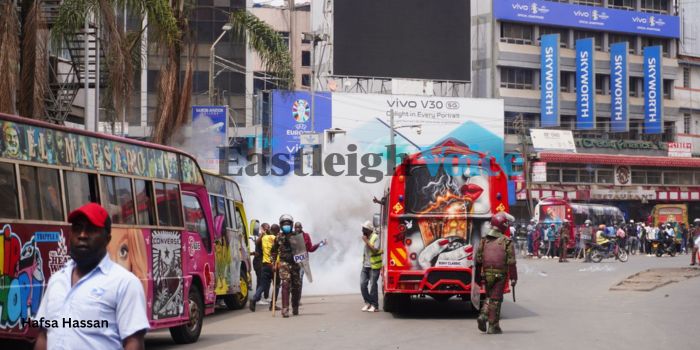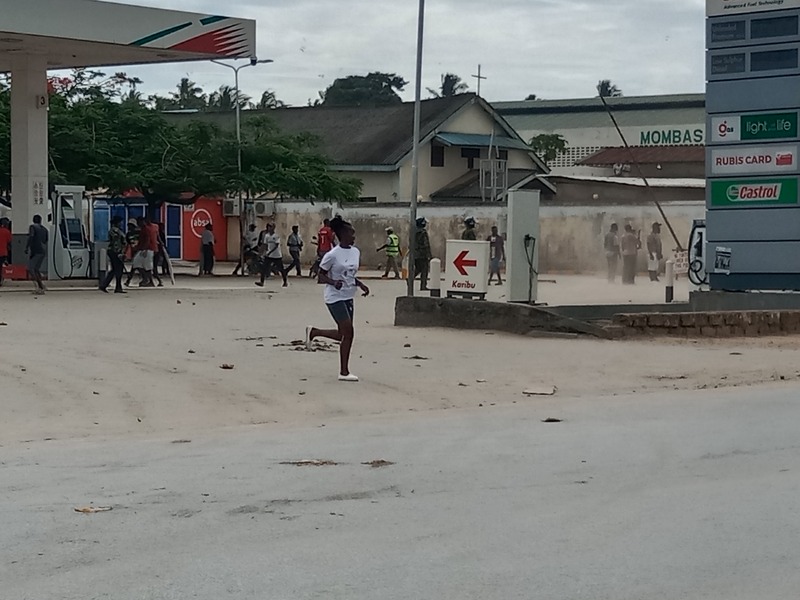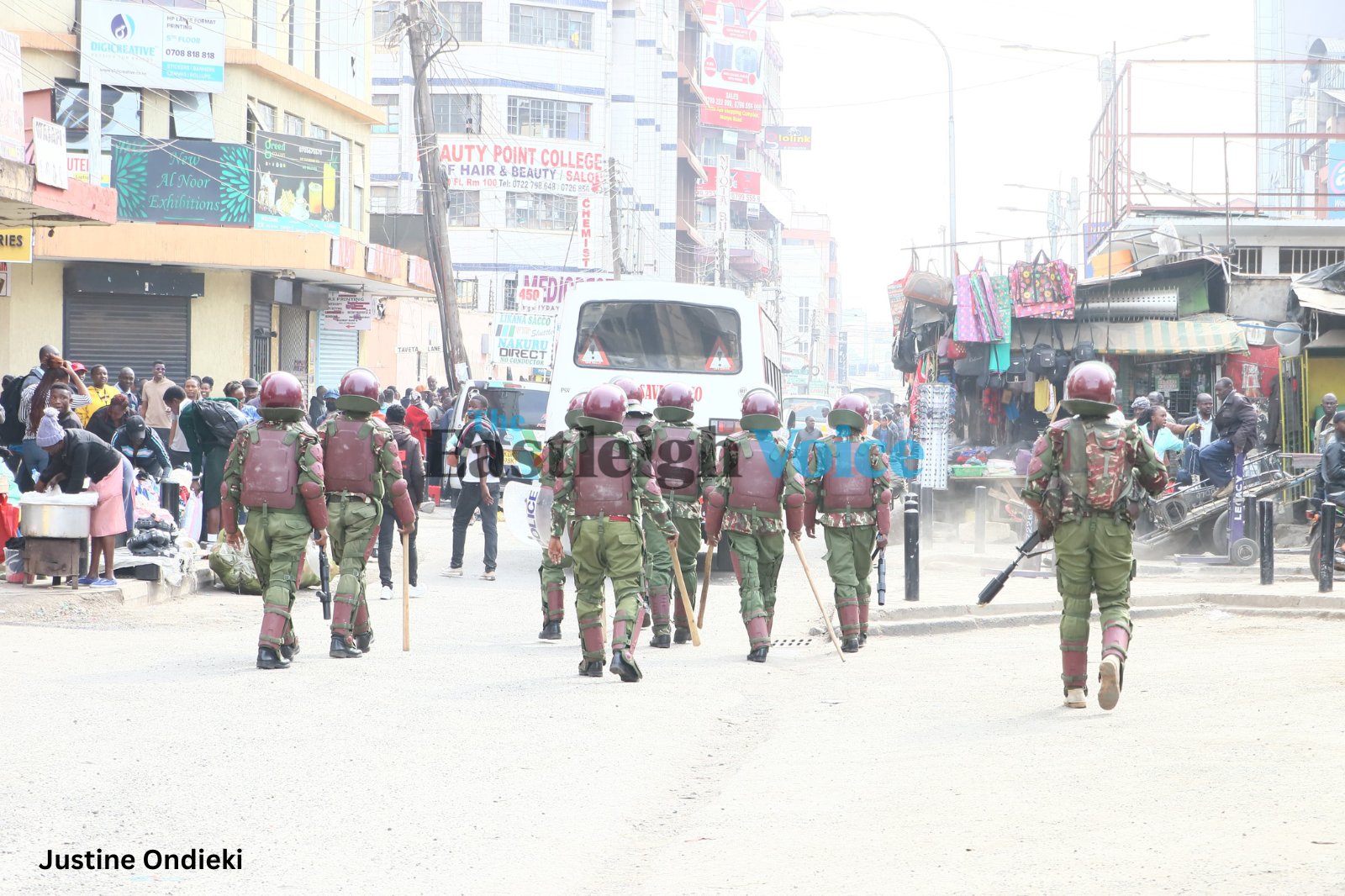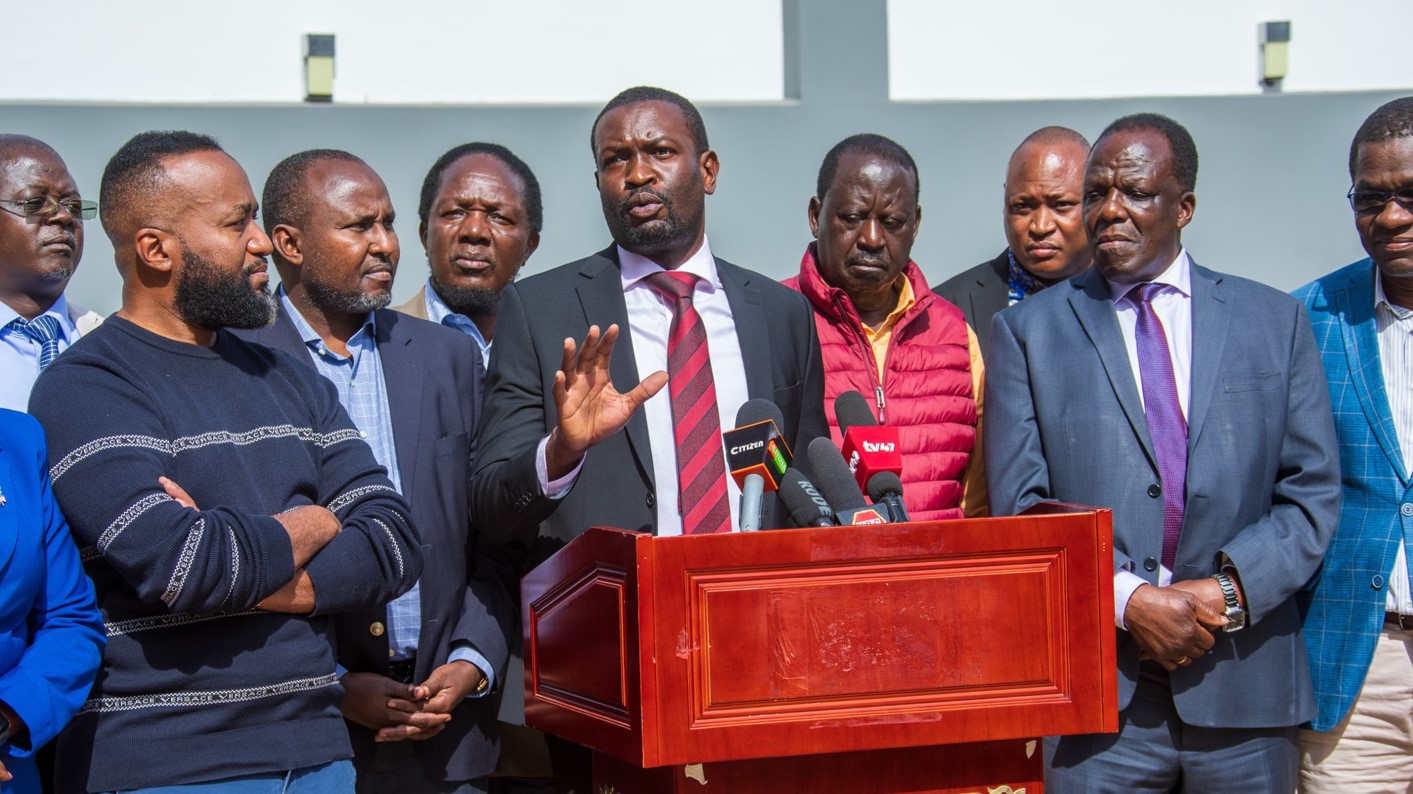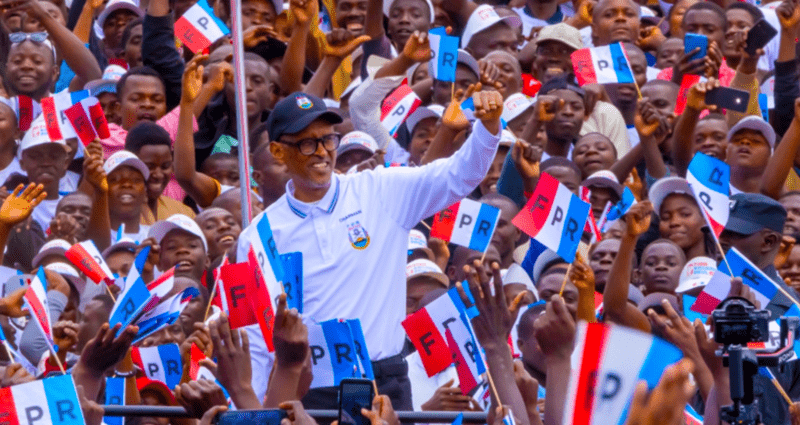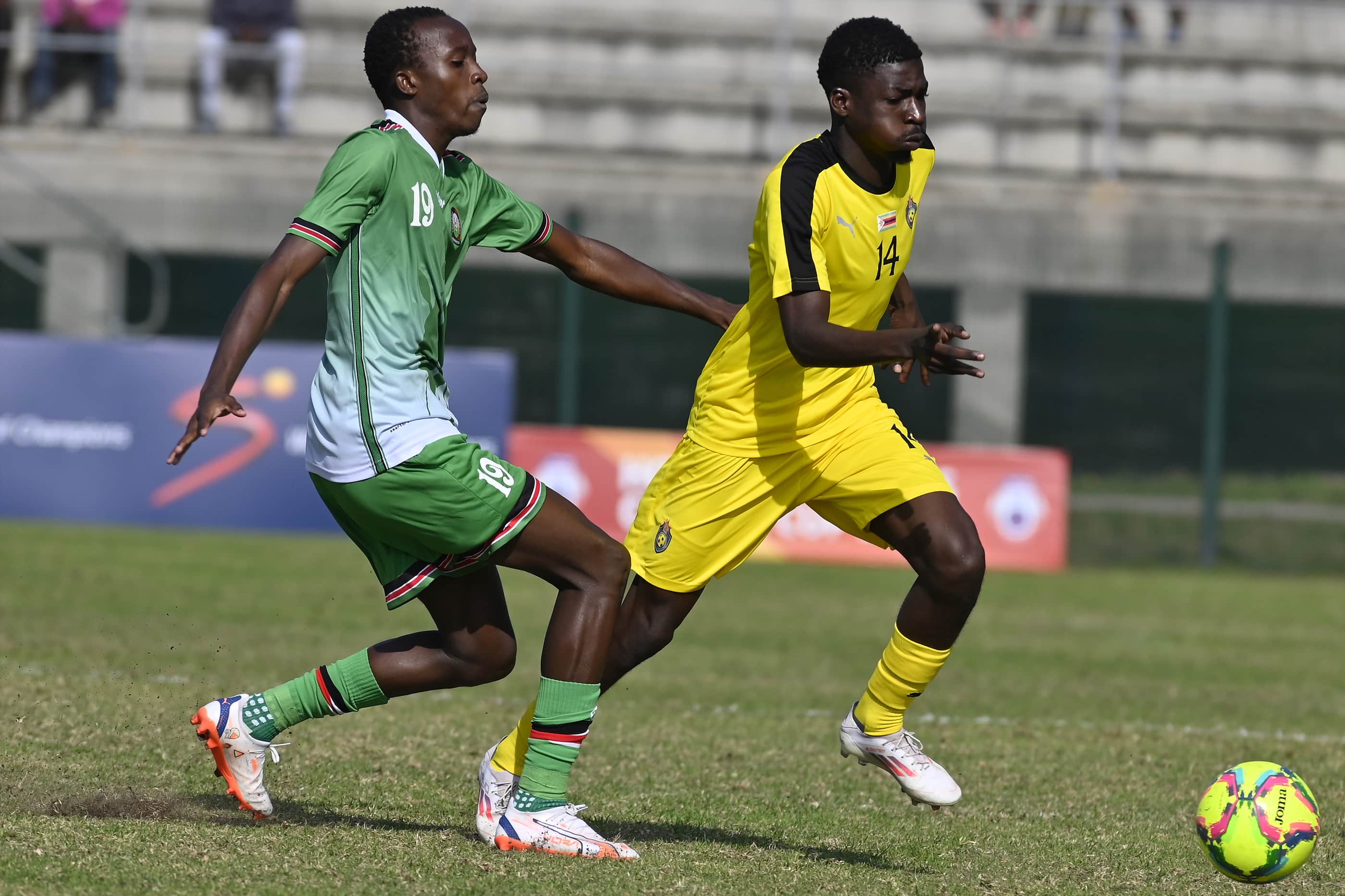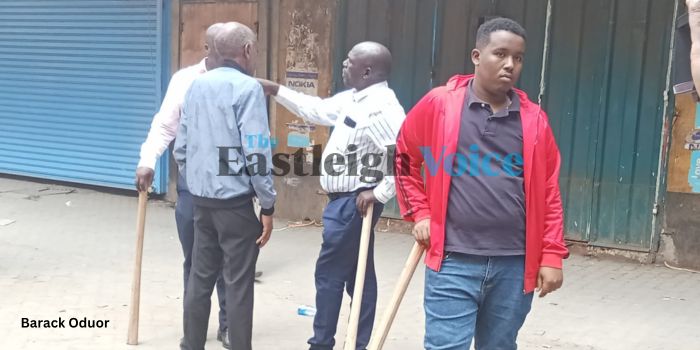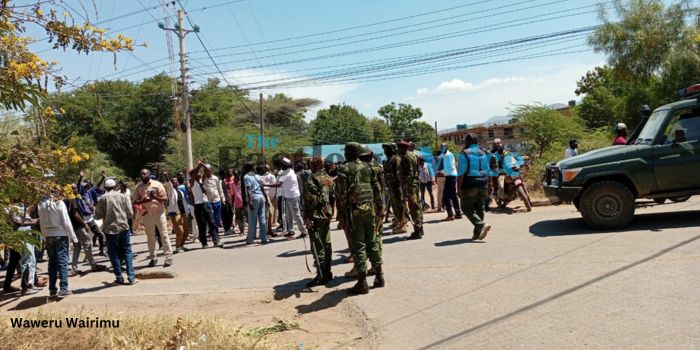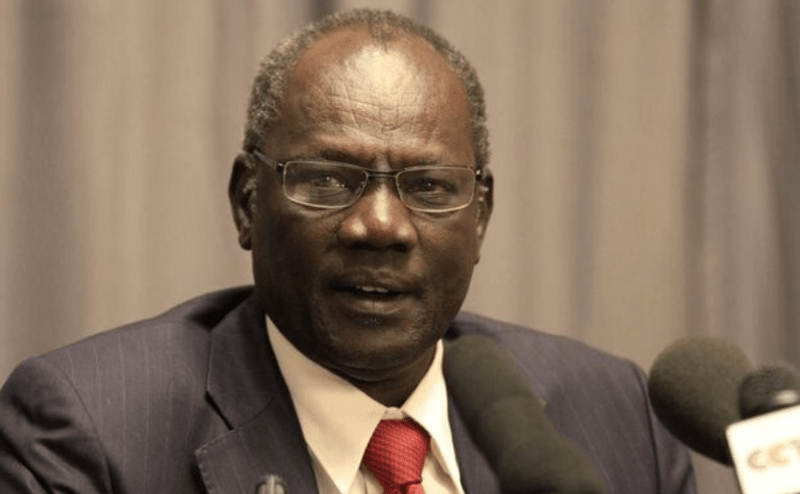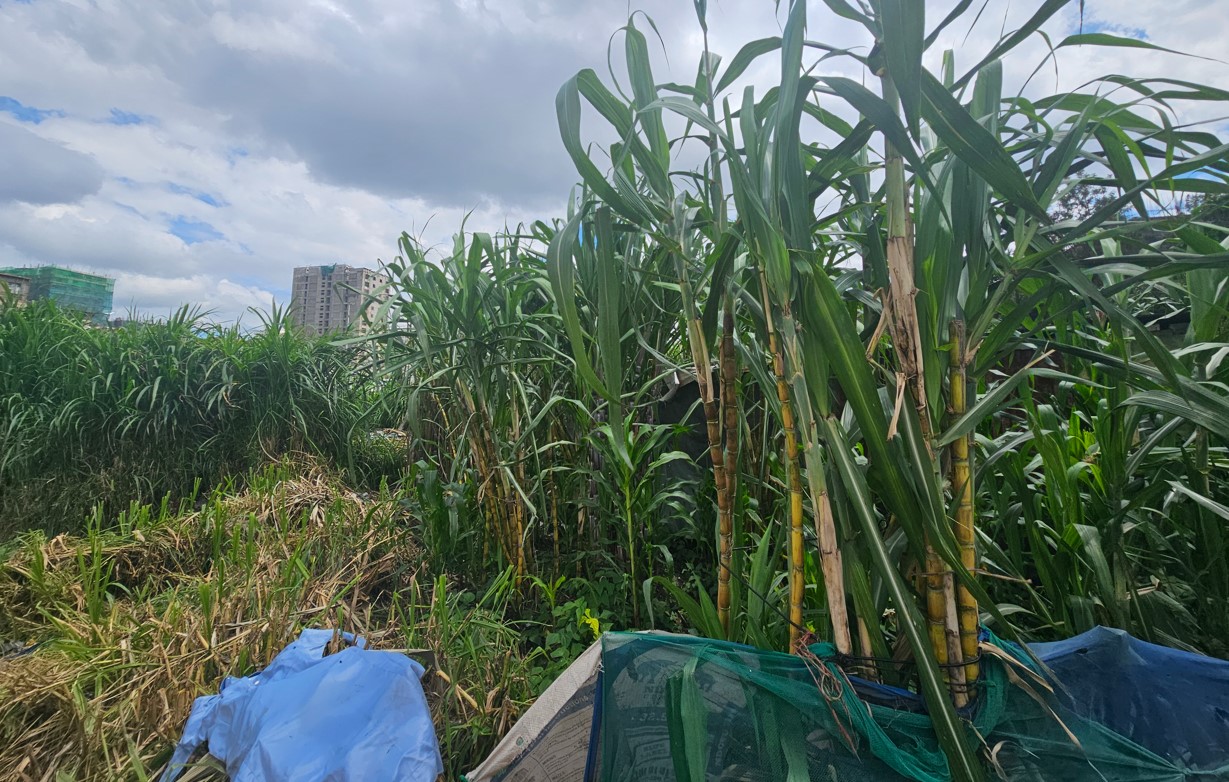Sudan war: Amnesty International demands end of internet blackout
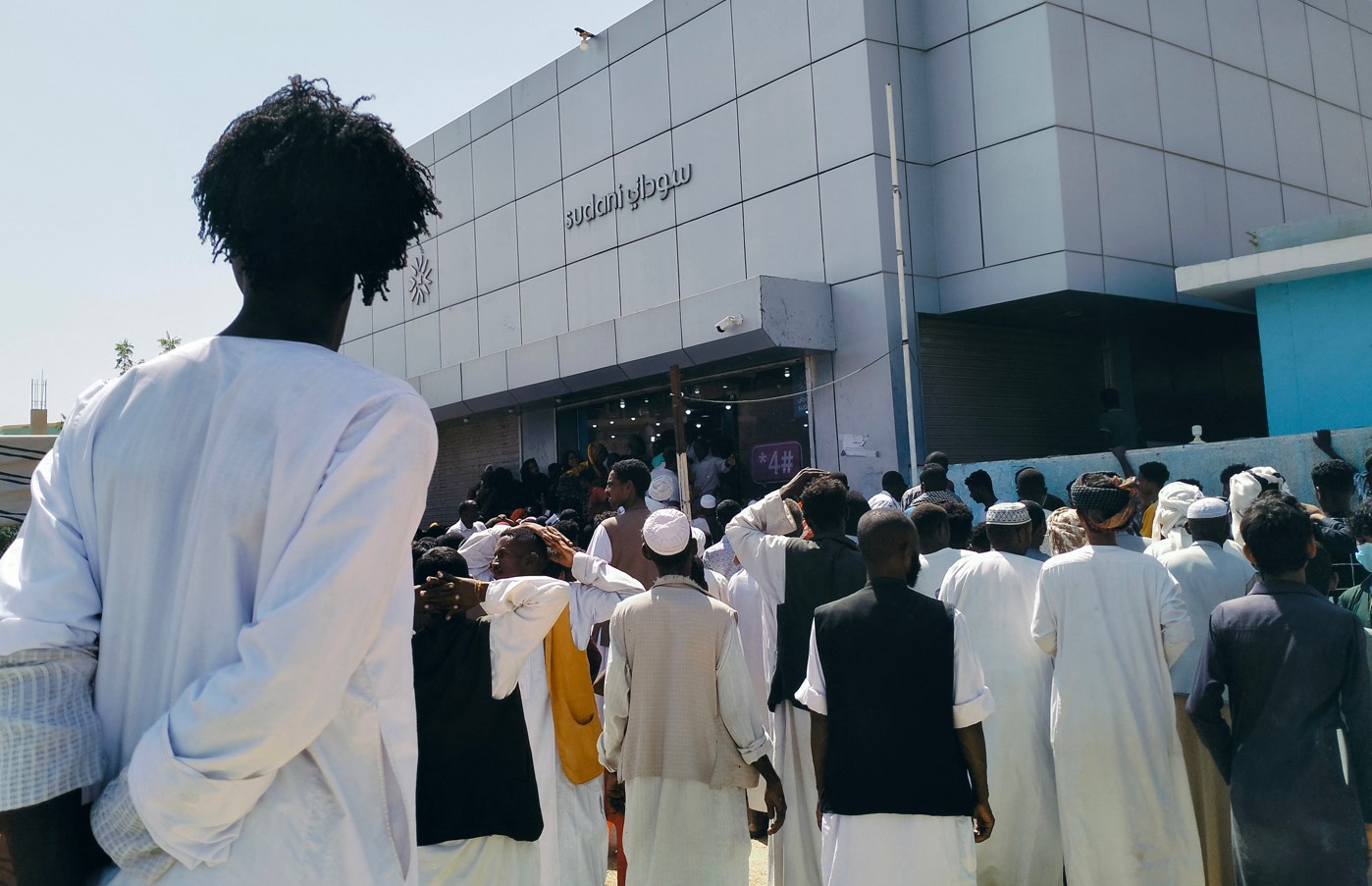
By Lucy Mumbi |
Sarah Jackson, Amnesty's deputy regional director for East and Southern Africa, noted that the shutdown threatens services in the region, especially as Muslims observe Ramadan.
Amnesty International has called for the restoration of the internet in war-ravaged Sudan following a shutdown in February.
Sarah Jackson, Amnesty's deputy regional director for East and Southern Africa, noted that the shutdown threatens services in the region, especially as Muslims observe Ramadan.
Keep reading
Jackson said that millions of people are unable to communicate with their families, seek safe zones from fighting, access life-saving necessities, and use mobile money services.
“The ongoing telecommunications blackout is unacceptable; it puts millions of lives at risk. As millions of Muslim faithful in Sudan prepare to mark the beginning of the holy month of Ramadhan, Amnesty International demands full restoration of communication services in all of Sudan,” she said.
“This blackout is affecting already vulnerable populations who have had to endure conflict for close to a year now. Without communication, humanitarian operations and emergency services are likely to grind to a complete halt, putting millions of lives at risk. The Sudanese Armed Forces (SAF) and the Rapid Support Forces (RSF) must refrain from shutting down the internet as this is a lifeline for civilians."
On February 4, 2024, NetBlocks, a global internet monitor, confirmed that network data showed highly diminished connectivity levels in Sudan, due to the ongoing conflict.
“Operator MTN Sudan reports service failures due to circumstances beyond their control,” the organisation said via X.
Again, on February 7, 2024, NetBlocks reported that live network data showed a collapse of internet connectivity in the region, with leading mobile operator Zain also falling largely offline.
According to Amnesty, people facing challenges communicating with their friends and family members are crippled with anxiety as they do not know what is happening.
“I have been unable to communicate with my family members in Khartoum for over two weeks now. I am so worried about their situation. I can only hope that they are well. The internet outage is keeping me worried about my family every day,” a Sudanese currently in Kenya told Amnesty.
In addition, human rights monitors and defenders have been unable to meaningfully document rights violations.
“Over 15 human rights defenders in Kenya and Uganda said they have struggled to document ongoing violations in most of Sudan since the beginning of the communication blackout. Amnesty International researchers have also found it extremely challenging to communicate with people in Sudan, particularly in the cities of Khartoum, Bahri and Omdurman,” the organisation said.
It added that Emergency Response Rooms (ERR) are also on the verge of paralysis due to the internet blackout.
The ERR's mandate is to help coordinate support for residents impacted by the war and provide life-saving services to communities.
The support they offer includes evacuation needs, identification of safe routes and exits, transportation options, access to food, water, electricity, shelter and other basic needs.
An ERR representative currently outside Sudan told Amnesty that they are finding it difficult to coordinate with their colleagues on the ground to deliver food and other basic needs to the communities.
“Because of the internet shutdown, we are unable to communicate with our volunteers. We are unable to buy food, and medicine and deliver these services to those in need," the representative said.
"Most of our soup kitchens in greater Khartoum are cut off and therefore not working. We are also unable to purchase and deliver medicine and other medical equipment to the very limited health facilities that are still operating in the city."
Amnesty wants all parties to the conflict to ensure unrestricted and safe humanitarian access for all who need it.






